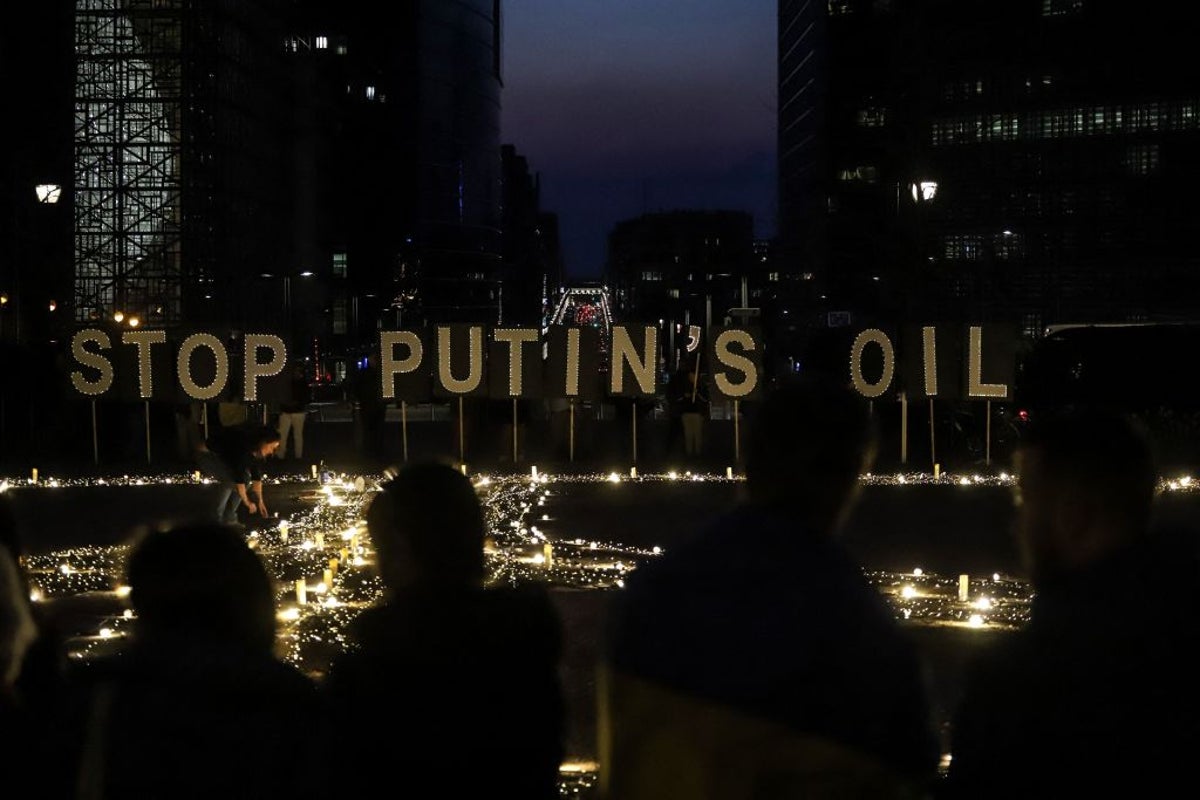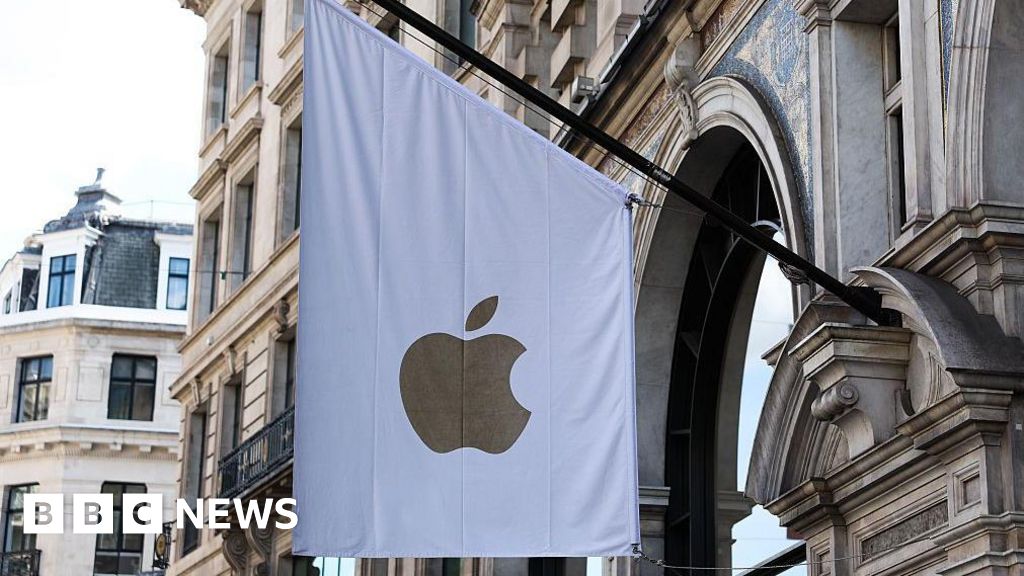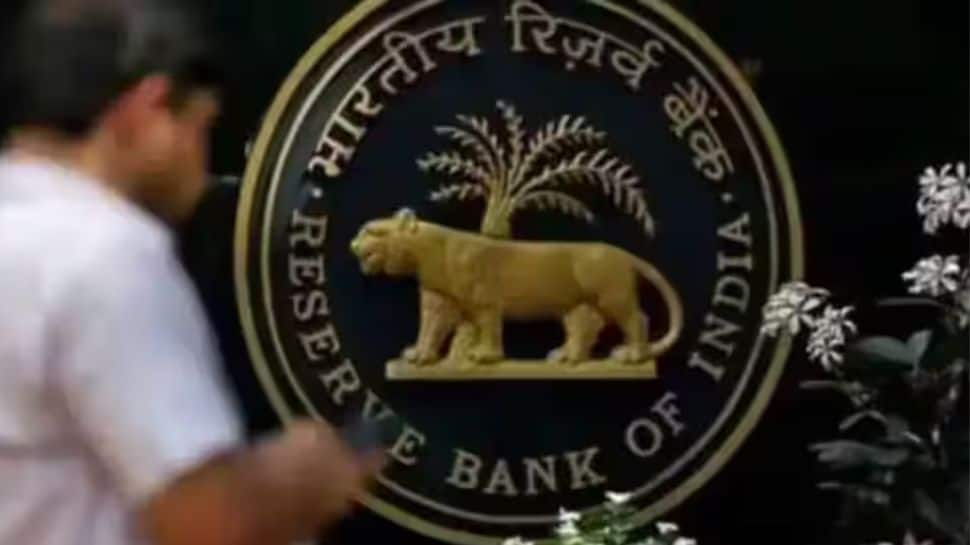The US has this week imposed new sanctions on Rosneft and Lukoil, Russia’s two largest petroleum-producing companies.
After efforts to negotiate an end to Vladimir Putin’s war on Ukraine appeared to come to a standstill, the Trump administration made the move in a bid to “increase pressure on Russia’s energy sector” and “degrade the Kremlin’s ability to raise revenue for its war machine and support its weakened economy”.
So how much impact could the move have, and what are the implications for countries who rely on Russia to supply their oil?
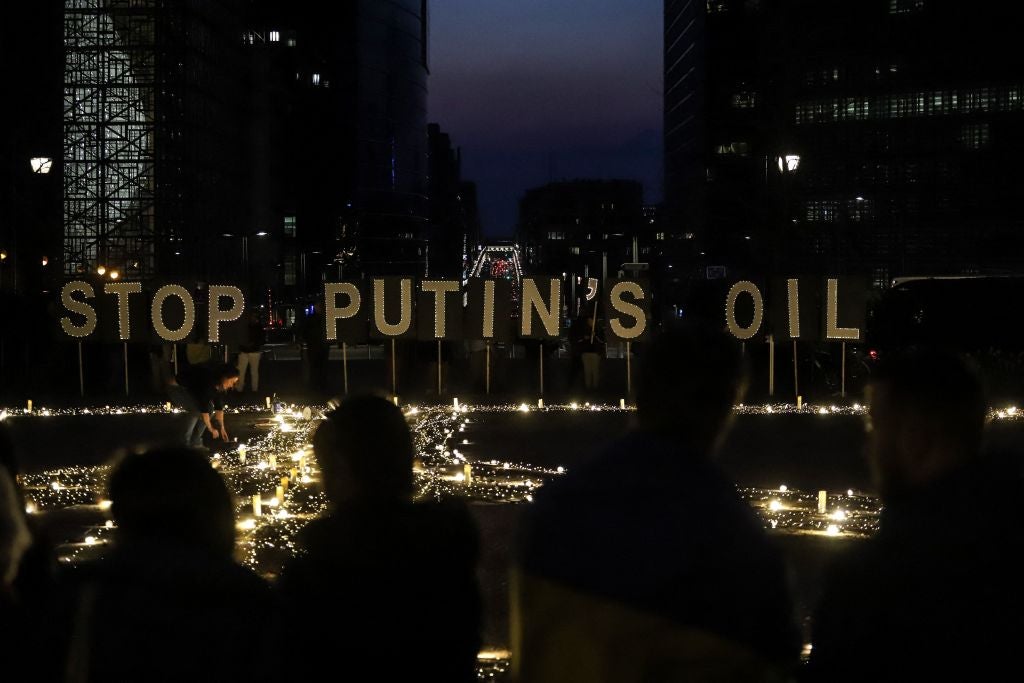
Who buys oil from Russia?
China, India and Turkey are the biggest recipients of Russian oil that used to go to the European Union. The EU’s decision to boycott most Russian seaborne oil from January 2023 led to a massive shift in crude flows from Europe to Asia.
Since then, China has been the No 1 overall consumer of Russian energy, having purchased some $219.5bn (£164bn) worth of Russian oil, gas and coal, followed by India ($133.4bn/£100bn) and Turkey ($90.3bn/£67.7bn).
Up to 20 per cent of China’s crude oil imports come from Russia, Bloomberg reports, with data analytics firm Kpler suggesting that a quarter of that comes from Rosneft and Lukoil.
Last year, China reportedly bought 100 million tonnes of Russia crude, and last month alone it imported around 2 million barrels per day.
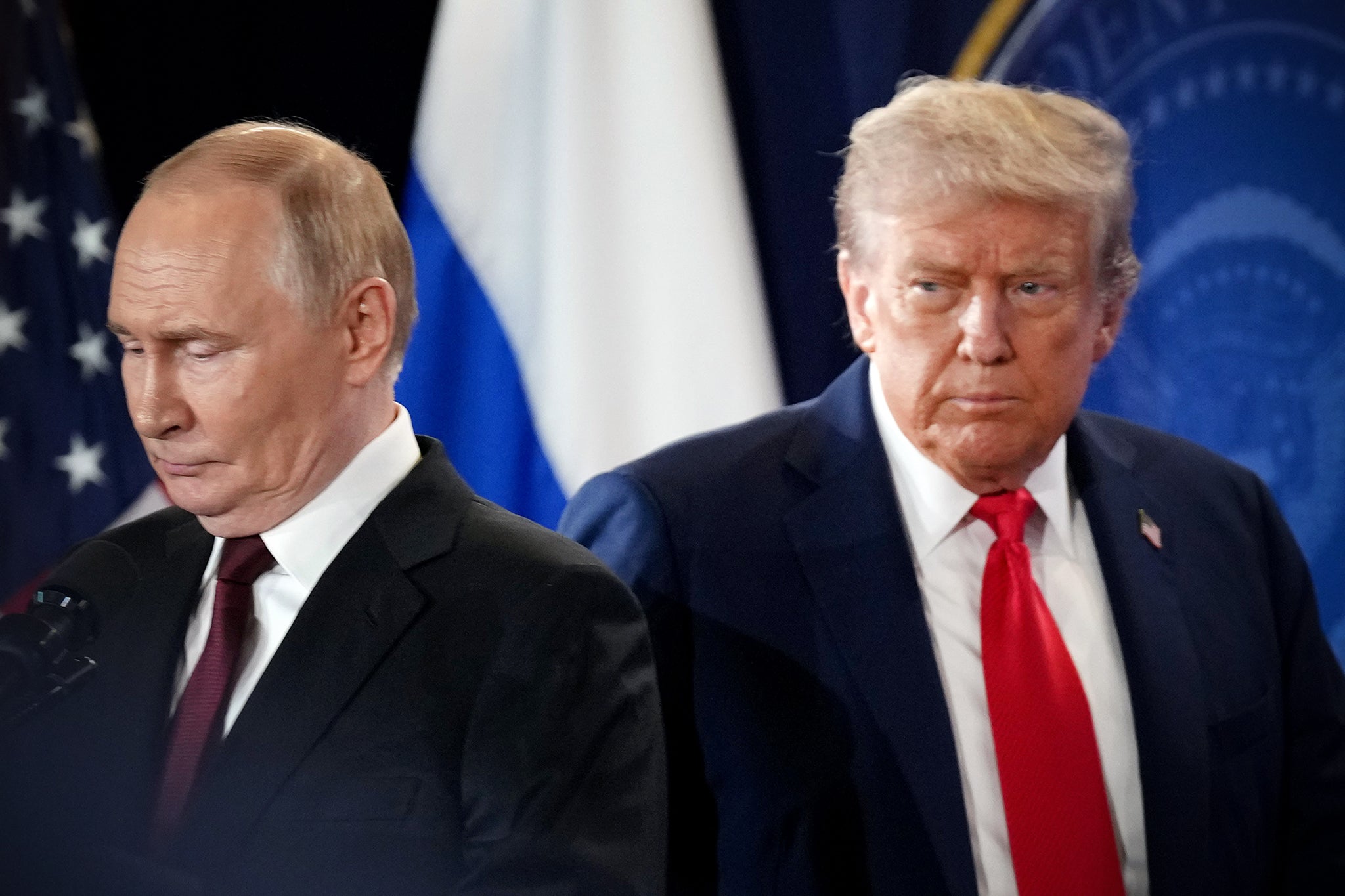
India is another country that makes significant purchases of Russian oil, having imported relatively little before the invasion of Ukraine. Now it imports around 1.6 million barrels a day.
Turkey is also a relatively big customer, while other purchasers include the EU, Myanmar and Azerbaijan, but it’s the deals with India and China that have the most outsized financial impact.
Analysis undertaken by the Centre for Research on Energy and Clean Air (CREA) showed the EU purchasing larger volumes of LNG and pipeline gas, while Turkey bought more oil products.
CREA analysis found that China and India had bought 85 per cent of all Russian crude oil exports in September.
Will the UK be affected?
The import, acquisition, and supply of Russian oil and oil products was banned by the UK in December 2022. However, the Treasury committee heard from experts in 2024 that Russian oil is still ending up in the UK despite sanctions, thanks to a loophole.
As long as Russian oil is refined in another country, such as India, it can avoid the ban.
Richard Bronze, head of geopolitics at Energy Aspects, told MPs that he estimated refined Russian oil to account for “well below 5 per cent” of the UK’s oil imports.
The UK joined the US in sanctioning Rosneft and Lukoil earlier this week.
What financial impact will the sanctions have?
As for how much of a hit Russia will take as a result of the new measures, the financial pinch may not be immediate.
The sanctions state that trade relations with the two Russian companies must be exited or closed by 21 November, giving India and China time to make alternative arrangements – and of course there’s the prospect that Russia will re-engage with talks during that time, in a bid to have the sanctions lifted.
However, CREA analysis showedthat Russia’s total revenue from fossil fuels in September was €546m (£474m) per day. The report also states that, if the $47.60 per barrel price cap had been fully enforced, that revenue would have been €1.53bn (£1.15bn) lower in September 2025 alone.
The most immediate impact has been a change in the price of oil. Markets typically do not like uncertainty, and the sanctions themselves were unexpected, so a quick upturn is not unusual in such circumstances.
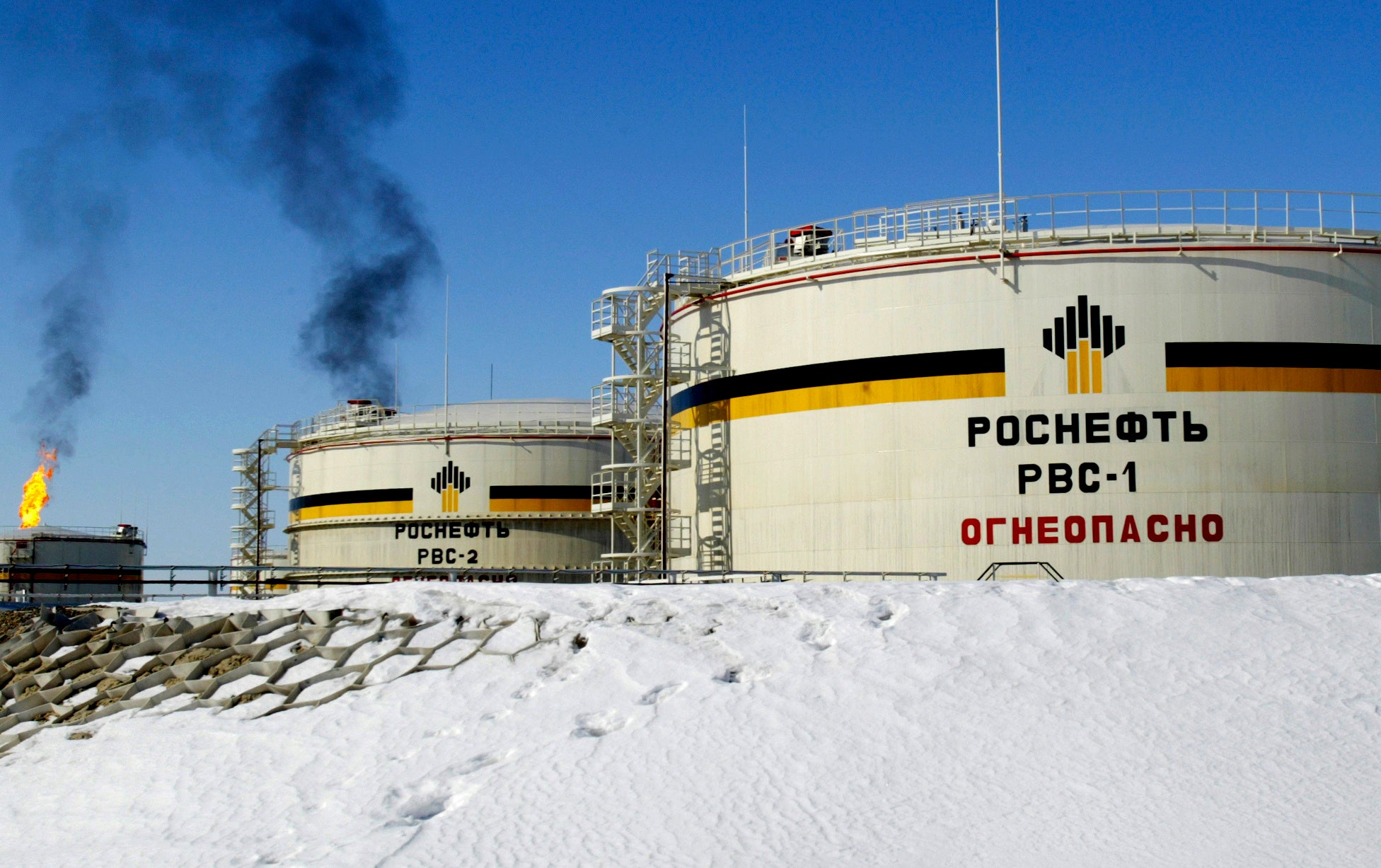
“Oil markets have spiked higher after news emerged that the US was putting Russia’s major oil producers under sanctions due to the Kremlin’s failure to move toward peace in Ukraine,” said Steve Clayton, head of equity funds at Hargreaves Lansdown.
“Brent crude has climbed 4 per cent to almost $65 per barrel on the news, marking a dramatic recovery from recent weakness in crude markets. America’s new stance is in stark contrast to recent messaging from the White House and took markets by surprise.
“The effectiveness of the sanctions is yet to be proven, but President Trump has said that the Indian PM Narendra Modi has assured him that India will cease Russian oil purchases.”
For some context, Brent crude rose to around $77 earlier in the summer, when there were fears that Iran could entirely close the Strait of Hormuz.
How big are Rosneft and Lukoil?
The two organisations together represent about $105bn (£80bn) combined in market capitalisation – an accepted measure of the “worth” of a company – which is almost equally split, with Rosneft’s share being slightly larger. For comparison, London-listed energy firm BP is worth around £66bn.
Russia exports about 4 million barrels of oil a day, and Rosneft and Lukoil account for around half of that figure. Rosneft alone is responsible for roughly 6 per cent of global oil production.

